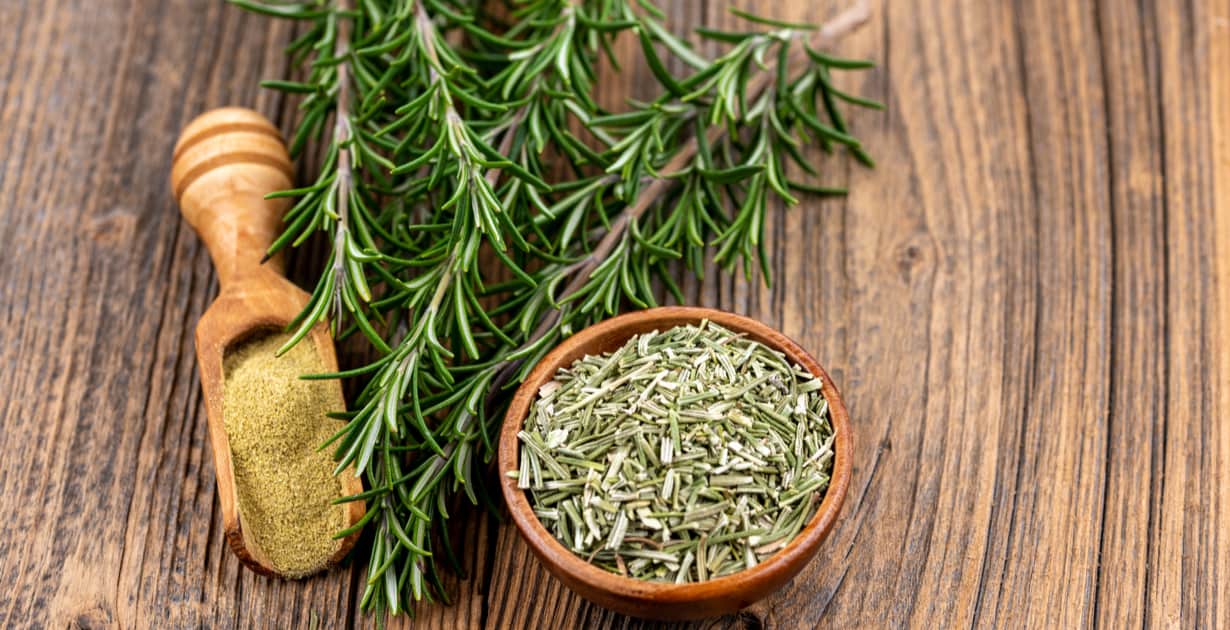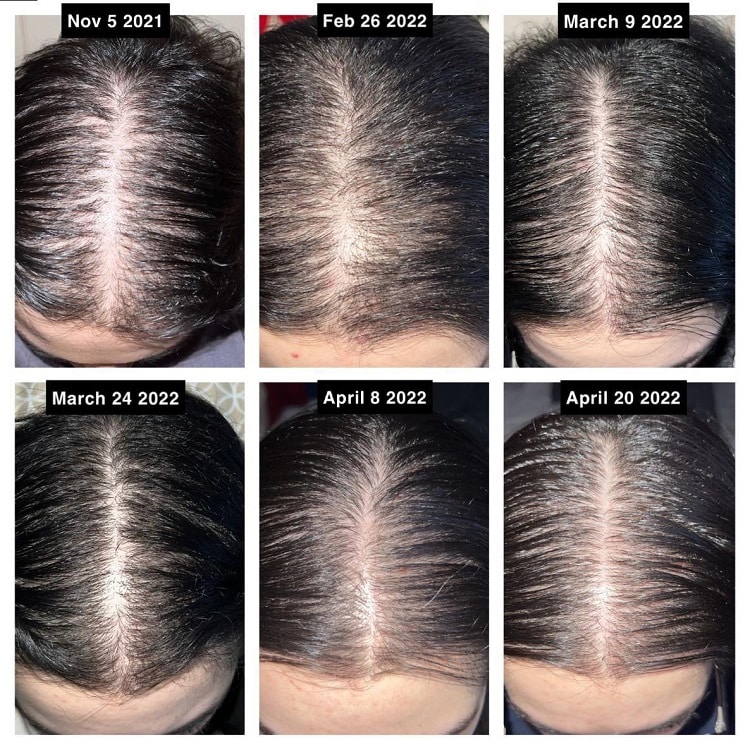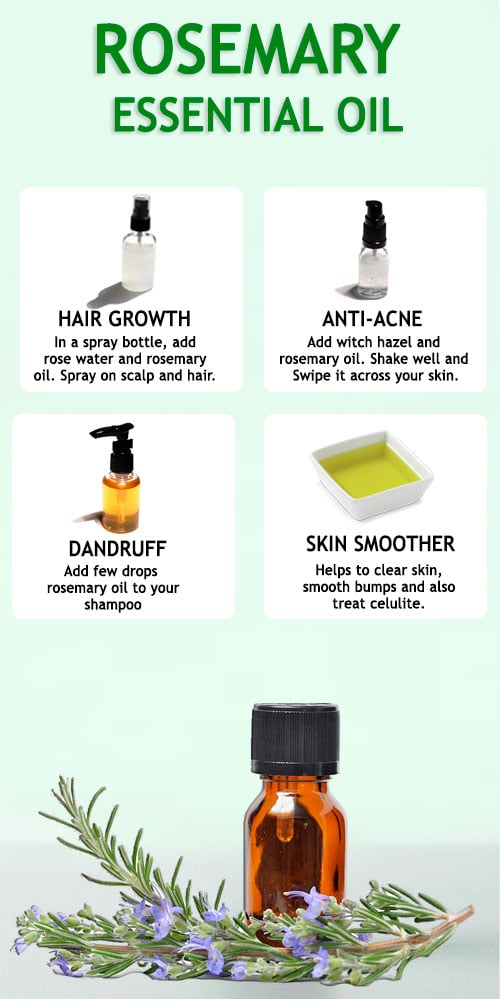Table Of Content

Anyone using minoxidil or other hair regrowth treatments should check with their healthcare professional before using rosemary oil. Research from 2017 showed that rosemary can help in the management of bacterial infections. This means that if hair loss is due to a bacterial scalp infection, rosemary oil may be helpful in clearing the infection and regrowing hair. Anyone with a scalp infection should always speak with a healthcare professional, however. Rosemary oil may not be effective or safe for everyone to use for hair loss. However, this natural remedy may be safer and less likely to cause side effects than some hair growth medications.
Make a Rosemary-Infused Oil
Does Rosemary Oil Actually Promote Hair Growth? - Allure
Does Rosemary Oil Actually Promote Hair Growth?.
Posted: Mon, 03 Jul 2023 07:00:00 GMT [source]
By Malia Frey, M.A., ACE-CHC, CPT Malia Frey is a weight loss expert, certified health coach, weight management specialist, personal trainer, and fitness nutrition specialist. A typical one-tablespoon serving of rosemary is also not likely to provide significant micronutrients. However, you will get a small amount of vitamin A, vitamin C, vitamin B6, and folate.
What makes rosemary oil effective for hair growth?
In a small 2012 study, 20 adults who were exposed to rosemary essential oil diffused in the air experienced improvements in performance on cognitive tasks, including tasks involving speed and accuracy. When mixed with other oils, such as thyme and lavender oil, rosemary oil may also help improve hair loss in those with alopecia areata, an autoimmune condition that causes hair loss. Here’s everything you need to know about rosemary oil, including its potential health benefits, risks, and safety. Some people should check with their healthcare providers whether it is safe to use rosemary oil topically. This includes pregnant and breastfeeding people and people with certain health conditions or who take certain medications. People with certain health conditions, including high blood pressure, ulcers, and inflammatory bowel disease, should not use rosemary essential oil.
Rosemary Oil for Hair Growth: Does the Natural Remedy Work? - Marie Claire
Rosemary Oil for Hair Growth: Does the Natural Remedy Work?.
Posted: Fri, 08 Mar 2024 08:00:00 GMT [source]
What are the side effects of using rosemary oil for hair?
"It is thought to help improve circulation in the scalp," she explains. Rosemary water, a social media trend of steeping rosemary leaves in water, has an anecdotal narrative of boosting hair and scalp health. But this mixture may have some connection to scientific research behind the rosemary plant, which suggests that its anti-inflammatory, antimicrobial, and antioxidant properties might help boost scalp circulation and hair growth. While rosemary essential oil is considered by some experts to be a solid choice for potentially treating some minor skin conditions like a dry scalp, it's still possible to experience an allergic reaction or irritation. Seek medical attention as soon as possible if you notice any discomfort, itchiness, or irritation in the area where the rosemary water was applied.
Rosemary can be used for skin care in the form of oil or extract, or you can buy skin care products that contain rosemary as an ingredient. This top-selling treatment from Hask combines purifying tea tree oil with soothing rosemary oil to treat and heal. As for the best frequency of use to see results, "start by applying it a few times per week and then assess and increase as needed," Dr. Bhanusali says.

If you desire fuller, thicker, and more luscious strands, experts agree rosemary oil is one of the most potent hair growth oils on the market. Two separate clinical reviews — one from 2010 and one from 2011 — also acknowledge rosemary’s hair growth potential. The former cites a study with successful hair regrowth in people with alopecia who used essential oils. More revealing recent studies show that rosemary directly helps protect against hair loss. One 2015 trial pitted the essential oil against minoxidil, commercially known as Rogaine. Both were used on human subjects with androgenic alopecia (male or female pattern baldness).

Best for Grays: Living Proof Scalp Care Density Serum
Purchase rosemary essential oil (which is highly concentrated) and add just a few drops to your favorite daily oil. However, while small amounts of rosemary oil are sometimes used in the food industry as a natural preservative in products like meat and poultry, it’s best to avoid ingesting rosemary oil. Even though it isn’t usually ingested, studies show that rosemary oil is safe to use in food and drink products in dilutions of up to 5%.
A study from 2022 also found evidence that rosemary oil can aid in hair growth. The study stated that rosemary oil had the same effect as Minoxidil, a hair growth medication, after 6 weeks of use. If you have very fine hair and/or an oily scalp, James advises using rosemary oil once a week as a scalp treatment and washing it out of hair immediately to avoid any greasiness. Helen Reavey, board-certified trichologist and founder of Act + Acre, recommends leaving the oil in your hair for “at least 30 minutes,” and you can absolutely leave it in longer. “I recommend a longer amount of time as it can be used as a leave-in treatment,” she says.
Bars with lightweight ingredients including jojoba oil will be better for people with fine hair or straight textures. Bars that have curl defining ingredients (such as shea butter, coconut or argan oils, glycerin and aloe vera) and hydrating ingredients will be better for people with curly or coily textures, according to Jordan. It proposed that rosemary oil may be used to combat hair loss like androgenetic alopecia or used with established treatments such as minoxidil and finasteride. This was believed to be because of the essential oils' antifungal properties and the anti-inflammatory properties of some of their components, including the menthol in peppermint oil. There are a few different ways to oil your hair, depending on your hair type and goals.
Oligee even recommends applying rosemary oil twice a day if you have high-porosity hair that soaks up oils and butters like a sponge, and if your scalp isn’t overly sensitive. Dermatologist Yoram Harth, MD, also pointed to a commonly cited 2015 study that compared rosemary oil to 2 percent minoxidil (the active ingredient in Rogaine) when used on men with genetic androgen-related hair loss for six months. In this study, there were very little differences in the amount of hair growth between both groups. However, it's important to note that many dermatologists recommend 5 percent minoxidil for hair loss, not 2 percent.
Shampoo bars come in different shapes, including circular, triangular, rectangular and more. Bars with a triangular shape can make them easier to control, while circular shapes might be harder to grip but lather more easily in your hair, says Jordan. Essential oils are not water soluble, but can be mixed with fats, alcohols, and ethers. But these do take longer to work, as supplements “must first be metabolized by the body and dispersed by the bloodstream to be beneficial,” says Dr. Shaver.
Even if you're not seeing any negative side effects, be wary of how often you’re using it. “When used in excess, rosemary oil can make thinner hair look greasy and feel weighted,” Dr. Camp notes. It’s safe for all hair types, even color-treated hair, says Dr. Garlapati.
If you have fresh sprigs of rosemary, you can prepare the herb by first rinsing it with water and then removing the sprigs from the woody stems before chopping them finely. Another option is to use whole sprigs, which can be added to stews and meat dishes, then removed before serving. In fact, Dr. Gohara explains that "some research also shows that rosemary oil can help to enhance the cuticle, giving the appearance of thicker hair and offering protection against breakage." Rosemary oil needs to be used for at least 4–6 months before you notice any visible change in your hair. There are a variety of causes behind hair loss and thinning hair—and multiple different treatment options that can help. According to Martin, a good rosemary oil formula will have rosemary (botanical name RosmarinusOfficinalis leaf oil) high up on the list–the lower down it is on the list indicates a loweramount of the ingredient inside.

No comments:
Post a Comment